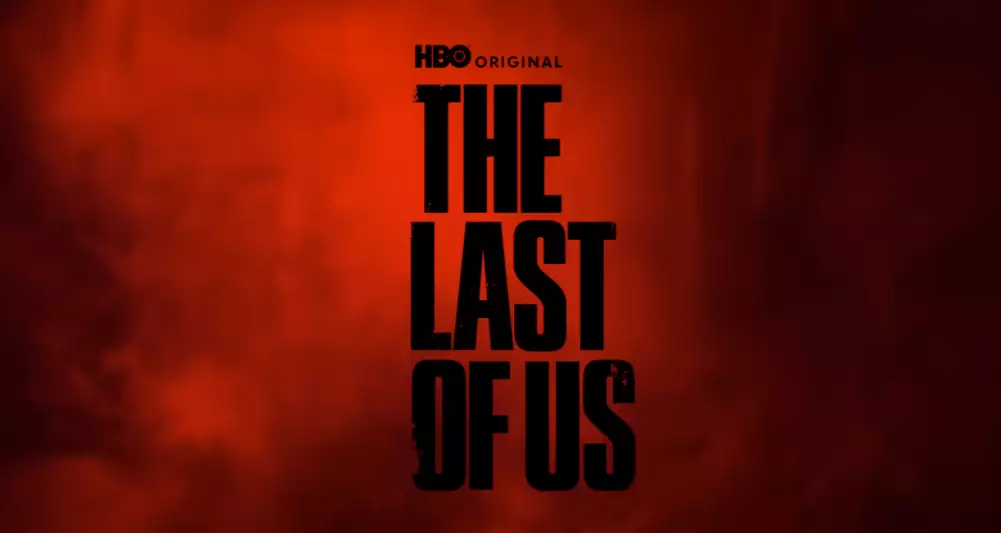In the latest episode of HBO’s acclaimed series, The Last of Us, the unexpected cameo of Nickelodeon star Josh Peck, who is famously known for his roles in *Drake & Josh* and *The Amanda Show*, left a considerable mark on the narrative. Peck appears briefly at the start of Episode 4, where he portrays a FEDRA soldier named Janowitz in a flashback sequence set in 2018. While this role may seem small, it reveals a multifaceted representation of power dynamics and human cruelty within the show’s dystopian universe.
Janowitz is depicted delivering a harsh monologue to fellow militants about his enthusiasm for detaining “voters,” a sardonic label used by FEDRA to refer to residents in quarantine zones stripped of their rights. This term is emblematic of the show’s focus on societal breakdown and the murky ethics surrounding governance in desperate times. The dialogue is sharpened by the soldier Greenberg’s crude humor, where jokes about personal indiscretions become a grotesque backdrop to their brutal actions. Peck’s delivery of the line “Nobody asked you, ji**boy!” is met with laughter, illustrating a harrowing acceptance of violence within the ranks, further complicating the morality of those engaged in power struggles.
Subtle Layers of Betrayal
The essence of Janowitz’s character is revealed through his interactions and the eventual plot turn involving Isaac, played by Jeffrey Wright. As tensions mount, we witness Isaac’s betrayal of FEDRA, locking Janowitz and other soldiers inside a van and sealing their fate with a grenade, transforming a seemingly innocuous flashback into a pivotal moment. This act not only showcases the stakes of loyalty and rebellion but also highlights a critical commentary on how amidst chaos, people are pushed into desperate, often morally ambiguous decisions.
As viewers, we are not merely observers but are thrust into a world where motivations are layered with personal complexities, and every character is desperately trying to navigate their moral compass among the ruins of civilization. Peck’s portrayal captures this essence succinctly; it’s refreshing to see a comedic actor step into a role that demands a departure from their established persona. His acknowledgment of war’s dehumanizing effects and the desperate grasp for power resonates deeply, reminding us that even those we categorize as “good” have the potential for darkness when pushed into extreme circumstances.
Josh Peck’s Evolving Career
Moreover, Peck’s journey from childhood star to serious actor underscores the challenging landscape of Hollywood and the necessity for growth and adaptability. After admitting he struggled to watch the first season of The Last of Us due to its intense themes, his eventual binge-watch highlights both an appreciation for quality storytelling and a willingness to face discomfort for the sake of personal and professional growth. During his audition for Season 2, he approached the process with little expectation, yet his selection highlights not only his talent but also the creators’ vision for diverse and unexpected casting choices.
In speaking about the workings of high-level productions, he mentions the importance of cohesive storytelling. Peck’s insight into his experiences working on renowned projects, such as *Oppenheimer*, emphasizes a collective pursuit of excellence among cast and crew alike. The actors’ commitment to their craft and the meticulous nature of the writing contribute to the powerful impact of The Last of Us, creating a world where viewers are compelled to reflect on humanity’s darker sides.
Relatability Amidst Darkness
Interestingly, Peck’s reflection on his character’s crude humor sheds light on a broader theme present throughout The Last of Us: the human capacity for humor even in dire scenarios. His commentary, “War can make people say and do things that they never thought they were capable of doing,” challenges us to examine how laughter often emerges as a coping mechanism. In an apocalyptic setting, it serves as a reminder of the humanity that persists amidst horror.
While gripping narratives often present stark realities, they also remind us of the foibles of human nature, showcasing vulnerability, fear, and the drive for survival. Each character, through their dialogue and actions, ponders questions of morality versus survival, reinforcing the show’s exploration of complex emotional landscapes. As we move closer to the end of Season 2, with three episodes remaining and a Season 3 on the horizon, the journey promises to delve even deeper into these intriguing and unsettling themes.

